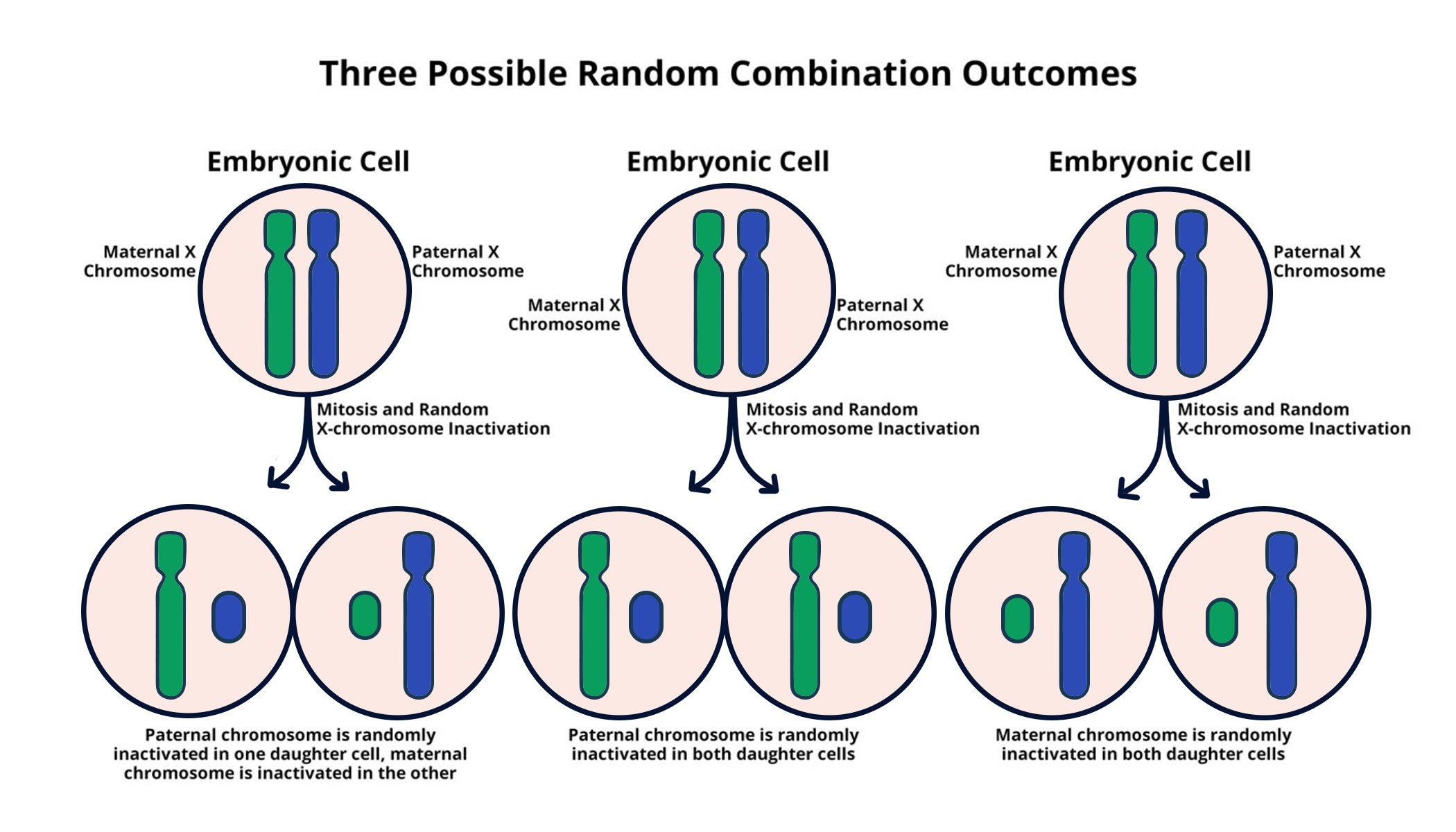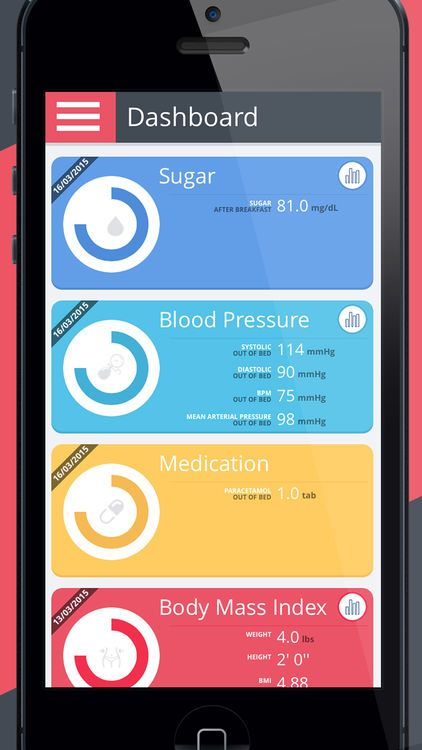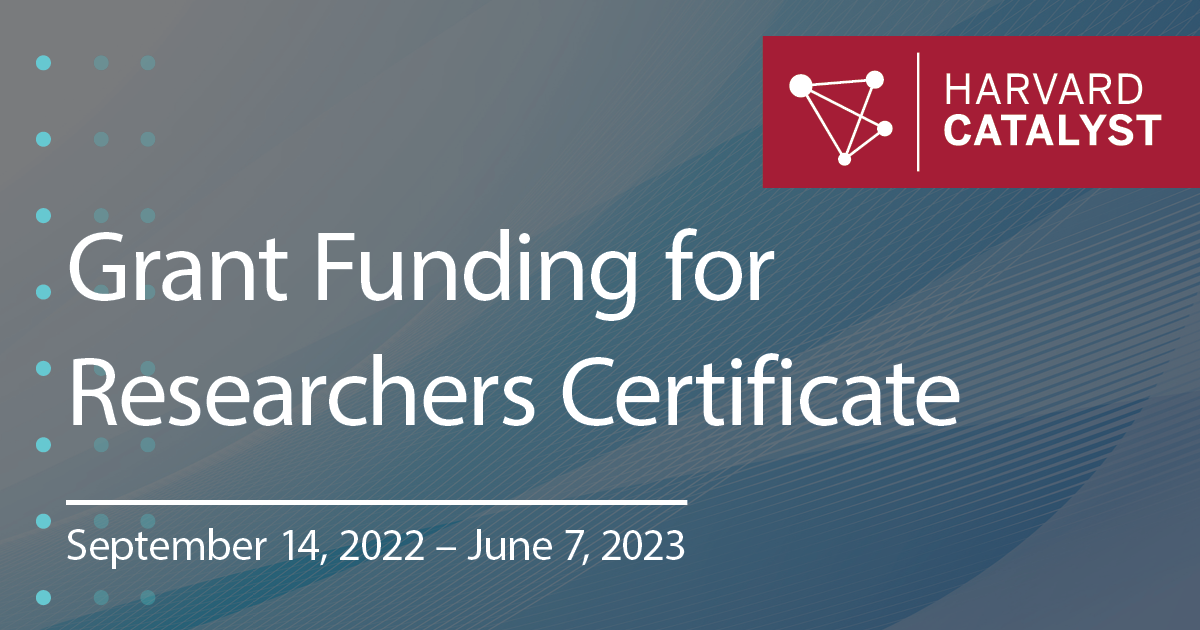
Improve Memory: Effective Strategies and Tips You Need
Are you looking to improve memory and make the most of your cognitive abilities? Enhancing memory is crucial for various aspects of life, from academic performance to daily interactions. Scientists have unveiled effective memory improvement techniques that can help individuals remember better and boost recall efficiency. Whether you’re trying to memorize a name at a social gathering or preparing for an important exam, there are numerous tips for memory recall that can significantly enhance your brain function. Dive into the fascinating world of memory techniques and brain memory tips, and discover how to sharpen your mental prowess.
In the pursuit of enhancing cognitive function, many individuals seek effective strategies to optimize their recollection abilities. Memory enhancement, or the art of remembering better, is a transformative journey that equips you with the skills necessary to retain information more efficiently. By employing various mnemonic devices and lifestyle adjustments, you can unlock the potential of your mind. This exploration into memory optimization not only covers practical advice but also delves into scientifically backed methodologies designed to enrich your mental agility. Join us as we uncover valuable insights and practical approaches to sharpen your memory and enrich your daily life.
Understanding Memory Mechanics
Memory is a complex function of the brain that involves the encoding, storage, and retrieval of information. It is divided into various types, including short-term and long-term memory, each serving different purposes. For instance, short-term memory allows us to hold onto information for brief periods, such as remembering a phone number long enough to dial it. On the other hand, long-term memory involves the consolidation of experiences and knowledge over time, which can be influenced by various factors, including emotional significance and repetition.
Enhanced memory is not merely a matter of mental prowess; it can be significantly impacted by lifestyle choices. Factors such as the amount of sleep, physical exercise, and even nutrition play critical roles in how well we can remember information. Recent studies have shown that regular physical activity can boost the growth of new neurons in the hippocampus, a key area of the brain for memory formation, thereby improving memory capacity and overall cognitive function.
Tips for Memory Recall
To improve memory recall, applying practical strategies can make a significant difference. One effective method involves utilizing visualization techniques, where information is transformed into vivid mental images. For example, when trying to remember a grocery list, associating each item with a specific and memorable image can help reinforce recall. Additionally, establishing a routine for reviewing information regularly can help solidify knowledge into long-term memory.
Another powerful tip for memory improvement is to engage in active learning. Instead of passively reading or listening, individuals can benefit from discussing the material with others, teaching the content, or even using flash cards. Moreover, incorporating sensory experiences, such as touching or smelling associated items, further solidifies memory connections by engaging multiple pathways in the brain. Implementing these techniques can lead to enhanced recall during important situations, like when you need to remember a name at a social gathering.
The method of loci, also known as the memory palace technique, is an innovative strategy for improving memory. This ancient memory technique involves associating information with specific locations in an imagined familiar place, allowing for easier retrieval by mentally walking through that environment. This approach not only encourages strong memory connections but also makes the recall process more engaging and enjoyable.
Brain Memory Tips for Students
Students often face challenges in retaining vast amounts of information for exams, which can lead to anxiety and poor performance. One effective brain memory tip is incorporating spaced repetition into your study habits. Instead of cramming, revisiting material at spaced intervals helps reinforce neural pathways, leading to better retention. For instance, reviewing lecture notes several days after the class rather than immediately can significantly improve recall and understanding during exams.
Another strategy is to create mnemonic devices to simplify complex information. Mnemonics can be acronyms, rhymes, or imagery that allow for easier recall of complicated facts. For example, using the acronym “HOMES” can help students remember the Great Lakes (Huron, Ontario, Michigan, Erie, Superior). Such memory techniques not only make learning more enjoyable but also improve the ability to remember critical information when it matters most.
The Role of Sleep in Memory Enhancement
It is well established that sleep plays a vital role in memory consolidation. During sleep, the brain actively processes and organizes information gathered throughout the day, transferring it from short-term to long-term memory. Many studies have shown that inadequate sleep can impair cognitive function, leading to forgetfulness and decreased recall ability. As such, prioritizing a good night’s sleep is essential for anyone looking to improve their memory.
Moreover, establishing a regular sleep routine can enhance memory consolidation further. Aim for 7-9 hours of quality sleep per night to allow your brain sufficient time to solidify the new information learned. Practices like reducing exposure to blue light before bedtime and creating a calming pre-sleep environment can significantly enhance sleep quality, thereby boosting memory performance and overall mental agility.
Nutrition and Its Impact on Memory
What we eat has a substantial impact on cognitive functions, including memory. Consuming a diet rich in antioxidants, healthy fats, vitamins, and minerals can support brain health and enhance memory. Foods such as fatty fish, blueberries, nuts, and whole grains provide essential nutrients that promote brain function and stave off cognitive decline. Incorporating these foods into your daily diet can serve as an effective way to improve memory performance.
Additionally, staying hydrated is crucial for optimal brain function. Dehydration can lead to difficulties in remembering and recalling information. Drinking adequate water throughout the day helps maintain cognitive functions such as concentration and memory. A balanced diet combined with proper hydration can create a conducive environment for optimizing memory, helping you recall crucial information effortlessly.
Mindfulness and Memory Recall
Mindfulness practices can significantly enhance memory recall. By cultivating greater awareness and presence, individuals can improve their focus, which is essential when encoding new information. Techniques such as meditation and deep-breathing exercises not only reduce anxiety but also sharpen attention spans, making it easier to absorb and retain information. For students, incorporating mindfulness into their learning routines can lead to more efficient studying and better outcomes.
Practicing mindfulness also aids in reducing forgetfulness associated with stress and multitasking. When the mind is cluttered, recalling critical information can become a challenge. Mindfulness promotes mental clarity by encouraging individuals to focus on one task at a time, leading to stronger memory retention. Regular practice of mindfulness can thus help create a well-organized mental space, allowing for improved memory performance during important occasions.
The Benefits of Regular Physical Exercise on Memory
Engaging in regular physical exercise has far-reaching benefits for cognitive functions, especially memory. Exercise has been shown to increase the level of growth factors in the brain, thereby stimulating the production of new neurons and enhancing overall brain health. Regular physical activity can lead to improvements in memory retention, recall ability, and even cognitive processing speed. For students and professionals alike, incorporating exercise into their routine can serve as a powerful tool for optimizing memory.
Moreover, different types of exercise can yield specific benefits for memory enhancement. Aerobic activities, such as running or swimming, have been shown to have a particularly positive impact on hippocampus size and function, allowing for greater memory capacity. Furthermore, combining cognitive challenges with physical activities, such as learning dance routines, can enhance neural connections, providing a double benefit for memory improvement and physical health.
Memory Techniques for Everyday Life
Implementing memory techniques in everyday life can transform your ability to recall names, dates, and tasks. Techniques such as chunking, where large pieces of information are broken down into smaller, manageable units, can make it much easier to remember. For example, remembering a long string of numbers by separating it into smaller groups can prove effective. Additionally, keeping lists organized and using reminders can help combat forgetfulness in day-to-day activities.
Using creative methods like storytelling can also enhance memory retention in daily scenarios. When trying to remember a series of events or facts, creating a narrative around that information can establish stronger connections in the brain. By transforming mundane details into a cohesive story, individuals can increase their ability to remember those details when needed, leading to more effective communication and social interactions.
Advanced Memory Techniques and Their Effectiveness
For those looking to delve deeper into memory improvement, advanced techniques can yield impressive results. One such method is the creation of a memory map, where associations between different pieces of information are visually represented, helping to clarify and strengthen memory connections. This approach not only engages creative thinking but also provides a roadmap for information retrieval during critical times.
Additionally, adopting advanced memorization strategies, such as spaced learning in conjunction with retrieval practice, can further optimize information retention. This combination allows learners to revisit material strategically and assess their recall abilities in an effective manner. Students who implement these advanced techniques often find their memory skills significantly enhanced, leading to greater academic success and personal confidence.
Frequently Asked Questions
What are some effective memory improvement techniques?
Effective memory improvement techniques include the method of loci (memory palace), chunking information, employing spaced repetition, and using mnemonic devices. These strategies are designed to enhance recall by organizing information in a way that your brain can easily access.
How can I remember better when studying for exams?
To remember better while studying for exams, use active recall techniques, practice spaced repetition, and review material in different environments. Also, taking breaks and ensuring adequate sleep can significantly boost memory retention.
What tips for memory recall can I implement in my daily life?
Daily tips for memory recall include making associations between new information and familiar concepts, practicing mindfulness to enhance focus, and regularly challenging your memory with puzzles and brain games.
How does exercise improve memory?
Exercise improves memory by increasing blood flow to the brain, promoting the release of growth factors, and enhancing the volume of the hippocampus, a crucial region for learning and memory.
What lifestyle changes can help with brain memory tips?
Lifestyle changes that can enhance brain memory tips involve maintaining a balanced diet rich in antioxidants, omega-3 fatty acids, engaging in regular physical activity, managing stress through mindfulness, and ensuring adequate sleep.
What is the connection between sleep and memory improvement?
Sleep plays a vital role in memory improvement as it consolidates and organizes memories. Getting enough rest aids in recovering memory capacity and helps in processing information learned throughout the day.
What is the method of loci, and how does it help with memory?
The method of loci is a mnemonic technique that involves visualizing a familiar location to associate and recall information. This method improves memory by leveraging spatial awareness and imagery to create lasting mental cues.
How does stress impact memory recall?
Stress can impact memory recall both positively and negatively. While mild stress can enhance focus and memory retrieval for immediate needs, chronic stress can impair cognitive function and memory retention.
Can dietary changes influence memory improvement?
Yes, dietary changes can influence memory improvement. Foods rich in antioxidants, vitamins, and omega-3 fatty acids have been shown to support brain health and enhance cognitive functions, including memory.
What role does hydration play in memory enhancement?
Hydration plays a crucial role in memory enhancement; even mild dehydration can negatively affect cognitive functions and impair memory recall. Drinking enough water helps maintain optimal brain performance.
| Key Points | Details |
|---|---|
| Research-based Quiz | A quiz developed in collaboration with scientists provides insight into memory and recall. |
| Memory Improvement Techniques | Techniques include consistent practice, understanding the effects of exercise, and avoiding multitasking to enhance memory retention. |
| Impact of Sleep | Adequate sleep is crucial for memory consolidation and improving recall. |
| Memory Palace Technique | Using visualizations of familiar places to link memories helps enhance recall. |
| Emotional Stress and Memory | While stress can impair memory in general, it can heighten recall of important information in critical moments. |
Summary
To improve memory, it is essential to understand the mechanisms behind how our memory functions. Adopting research-backed strategies, such as consistent practice, staying active, and utilizing techniques like the memory palace, can significantly enhance your ability to remember. Additionally, ensuring adequate sleep can aid in memory consolidation. By implementing these practices, anyone can improve memory and achieve better recall when it matters most.



